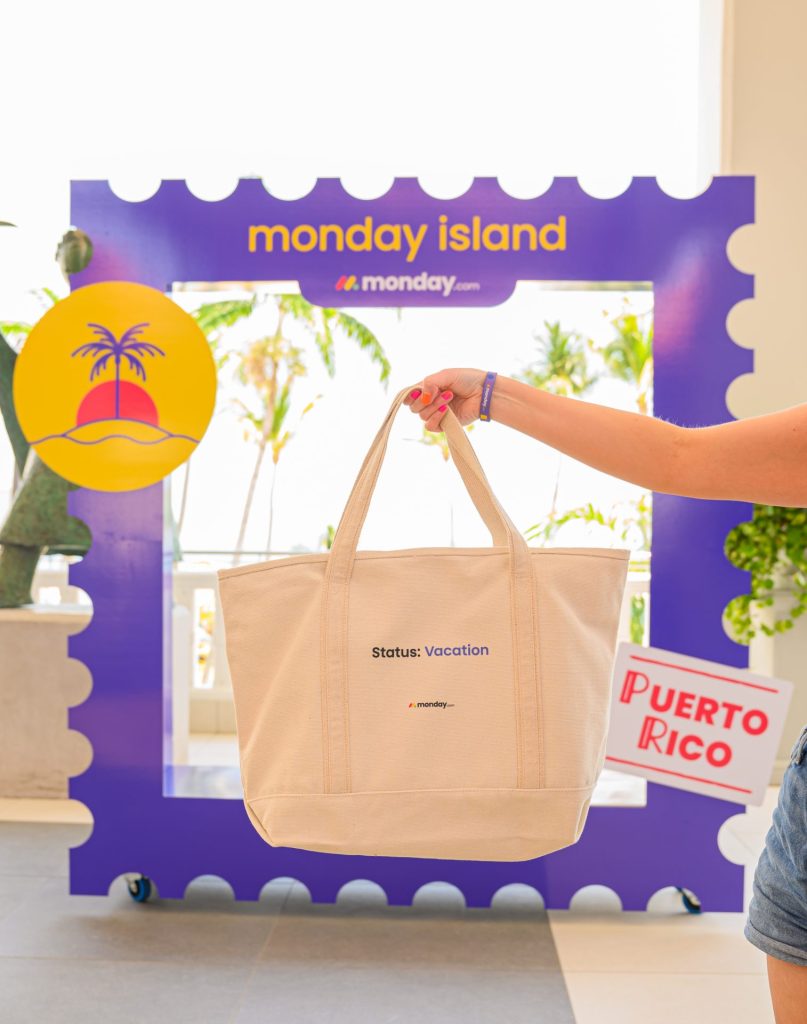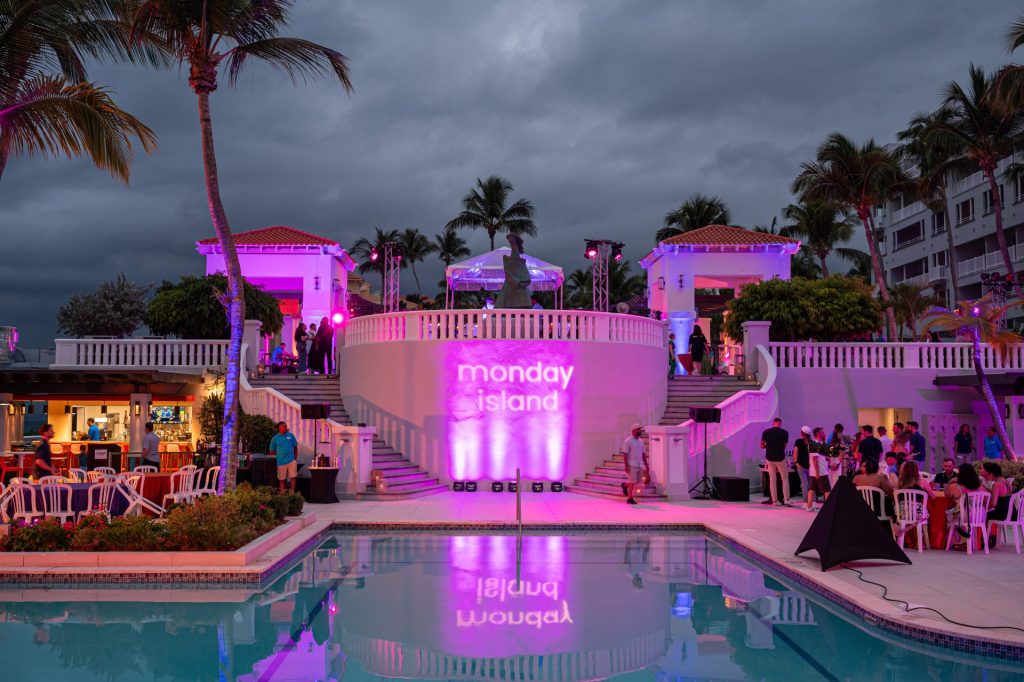Masterclass 2: Lesson 2 of 5
Say no to budget battleship
Today we’ll talk about a commonly uncomfortable and nerve-wracking experience—telling the partner your budget.
Listen, you don’t have to share your budget number with your events partner. But that’s your decision, and one with consequences for all else who follows. Because you are effectively asking that partner to guess.
Whereas if you share, you place a pin on the metaphorical map that tells them exactly where you are. It’s a clarification, not a commitment; a gift, not a giveaway. You can always change your mind. And you can start small. But a good partner is likely to reciprocate that act of trust by pouring a lot more into that brief, and making more calls to their vendors, which moves you forward faster.
This unlocks all else that follows.
Brought to you by our team of experts
Want to get this course in your inbox?
Anyone can afford a private island
In my experience, companies tend to resist sharing a number about one-third of the time. And in those cases, I respect that, but then we’re locked in a game of what I call “budgetary battleship.” Remember the old board game? You’re looking at different maps shouting, “Miss!” “Miss!” “Hit!” Your partner’s selections will be all over the place because how could they know? And without realizing, they can’t feel confident enough to talk to their best contacts and talent for a price check.
“If you don’t give your events partner a budget number, they can’t call their people, and you’re locked in a terrible game of ‘budgetary battleship.’”
This goes back to vendor trust, as we discussed in the last chapter. A good event production company knows how to achieve something at a range of prices. Something can be done cheaply and it can be done lavishly. For example, if you want to treat your team to a private island, that could mean renting Sir Richard Branson’s island for $140,000 per night. But it could also mean spending $15 per person to purchase a plot of land on Hawaii 2—the comedically named island in Maine purchased by a group of friends as part of a fundraiser. (Contributors were each given one square foot so they could claim to own part of a private island. It’s named “Hawaii 2” because it’s “the Maine island.” Get it?)
Ask your events partner for a range of concepts
Necker Island
$140,000 per night
Hawaii 2
$15 for life
So when you do volunteer a budget to your partner—whether $20k or $5M—that activates them. Now they have a rough sense of how to accomplish your seed of an idea (or resolve your problem statement). They now know you’re thinking high, middle, or low-road in terms of expense. That allows them to sort through their vast Rolodex of talent, venues, and rental agencies to put together several concepts.
Range for private islands
High Road
…
Middle Road
..
Low Road
.
Whereas without a number, you may be stuck doing a lot of this work yourself. The vendors can only guess and they’ll probably guess wrong, in a dispiriting game of budget battleship. You’ll be presented with Necker Island. You’ll be presented with Hawaii 2. The pieces won’t cohere because they have no sense of down from up. They’ll stick to formulaic ideas for which they do have numbers, but by definition, won’t be as unique or as memorable.
We’d implore you, whoever you work with, to give them a number. Make it up if you have to. But give them something. That’s how you get a brief back in return, full of free ideas you’d never thought of that may change everything.





Today, ask yourself:
Did I share a budget? (Could be a range.)
In the next lesson: Let’s dream together.
Download your RFP template
We’ve rewritten the standard one to help you get more of what you want.



